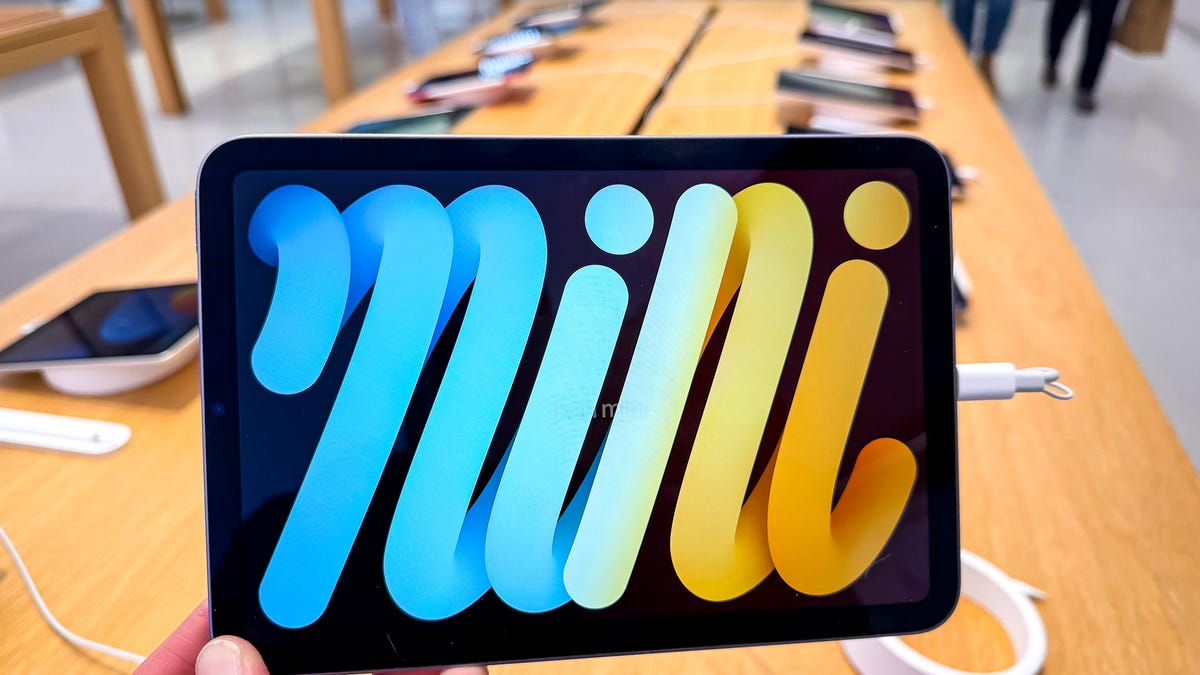Every day, someone dies from getting the wrong medication or improper dosages of the right one.
Now, researchers at the University of Washington (UW) are working on ways to solve this problem in part by using artificial intelligence (AI), NBC News reported Sunday (May 25).
Dr. Kelly Michaelsen, an assistant professor of anesthesiology and pain medicine, told the network she had read studies at the prevalence of medication errors among anesthesiologists and began to wonder if AI could help spot errors.
“I was like, ‘This seems like something that shouldn’t be too hard for AI to do,’” she said. “Ninety-nine percent of the medications we use are these same 10-20 drugs, and so my idea was that we could train an AI to recognize them and act as a second set of eyes.”
Her research centered around vial swap errors, which cause 20% of all medication mistakes, the report said. These errors happen when someone selects the wrong vial of an injectable drug, or the syringe is incorrectly labeled, leading to the patient getting the wrong medicine.
Michaelsen told NBC she thought these cases could be prevented through “smart eyewear” — adding an AI-powered wearable camera to the protective eyeglasses worn by all staff during operations.
Working with her colleagues in UW computer science department, she designed a system that can scan the immediate environment for syringe and vial labels, read them, and determine whether they match up.
According to the report, Michaelsen’s study, which was not funded by AI companies, showed the device was able to detect vial swap errors with 99.6% accuracy.
PYMNTS looked at other ways AI can help improve outcomes in the medical field last year in a conversation with Dr. Michael Gao, co-founder and CEO of SmarterDx.
He noted that hospitals spend an estimated $500 billion on administrative costs per year, just in the U.S. That’s because traditional hospital billing systems involve a myriad of healthcare personnel, including nurses and medical coders, whose only task is to verify and convert clinical notes into billing codes.
But by using AI, hospitals can “make sure that their receipts are accurate, that they have everything they should have and they don’t have anything they shouldn’t have,” said Gao, adding that AI solutions can take the data around clinical care and match it against financial information to make sure hospitals “achieve 100% accuracy on 100% of charts.”








 English (US) ·
English (US) ·